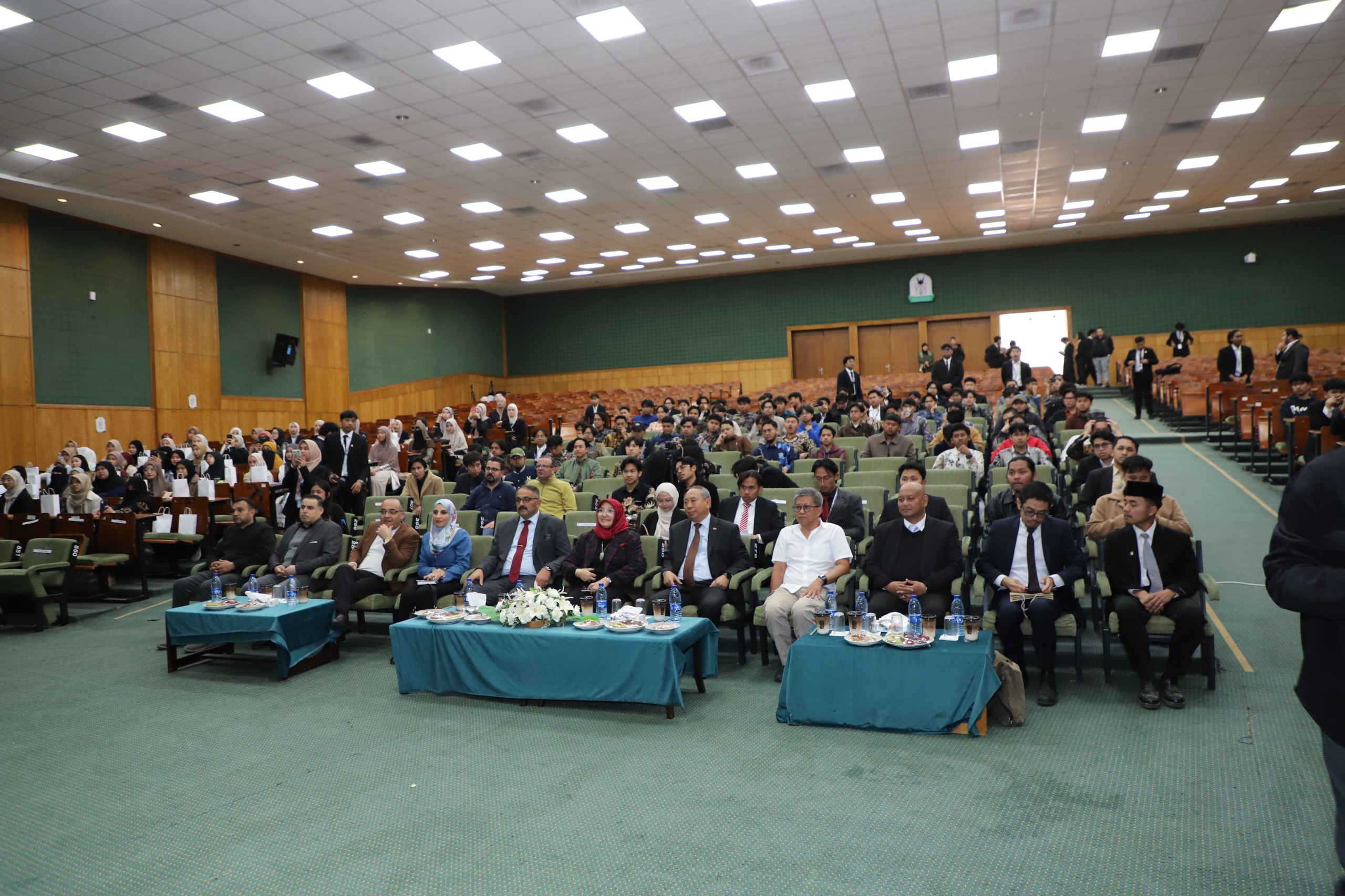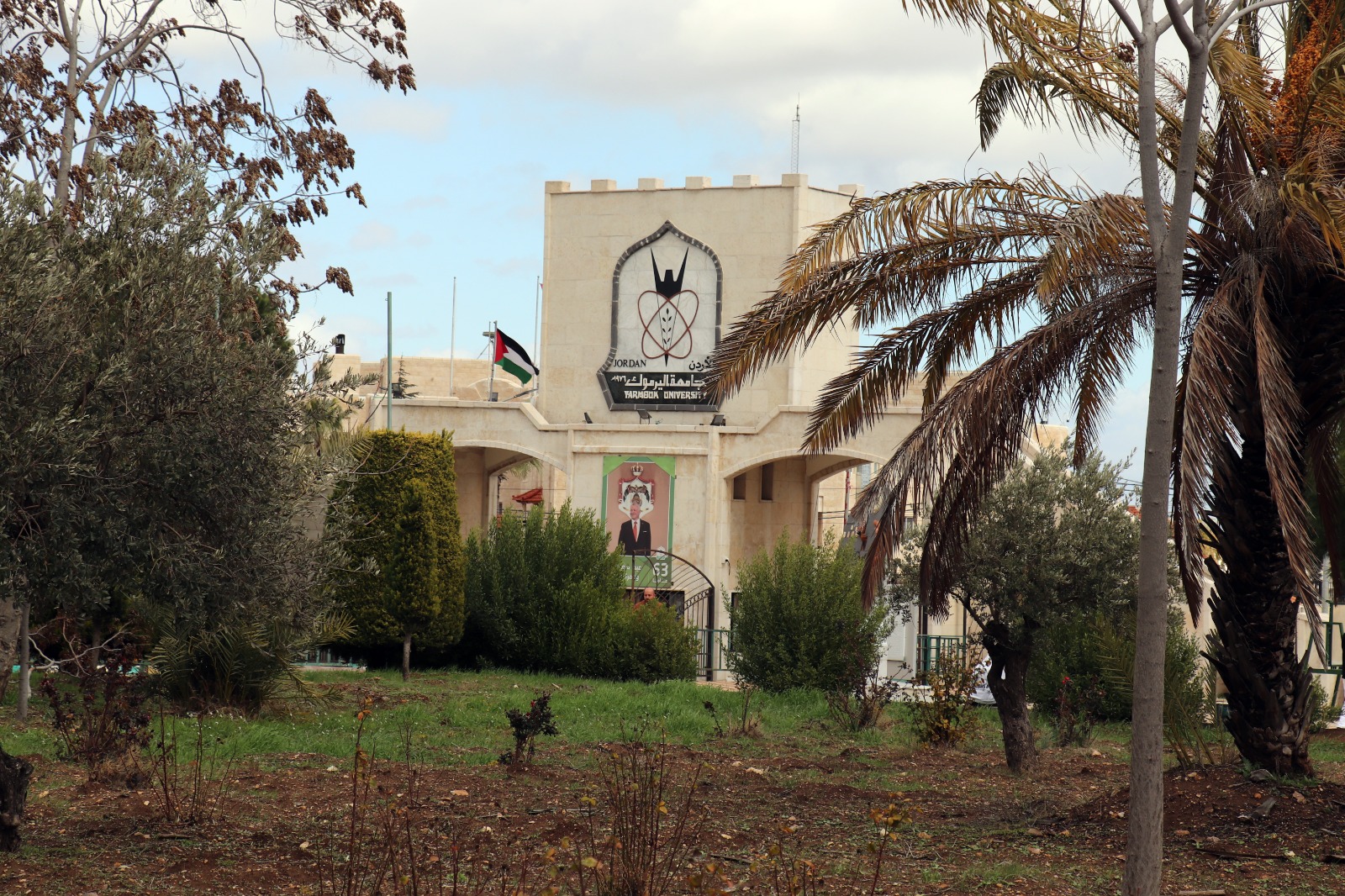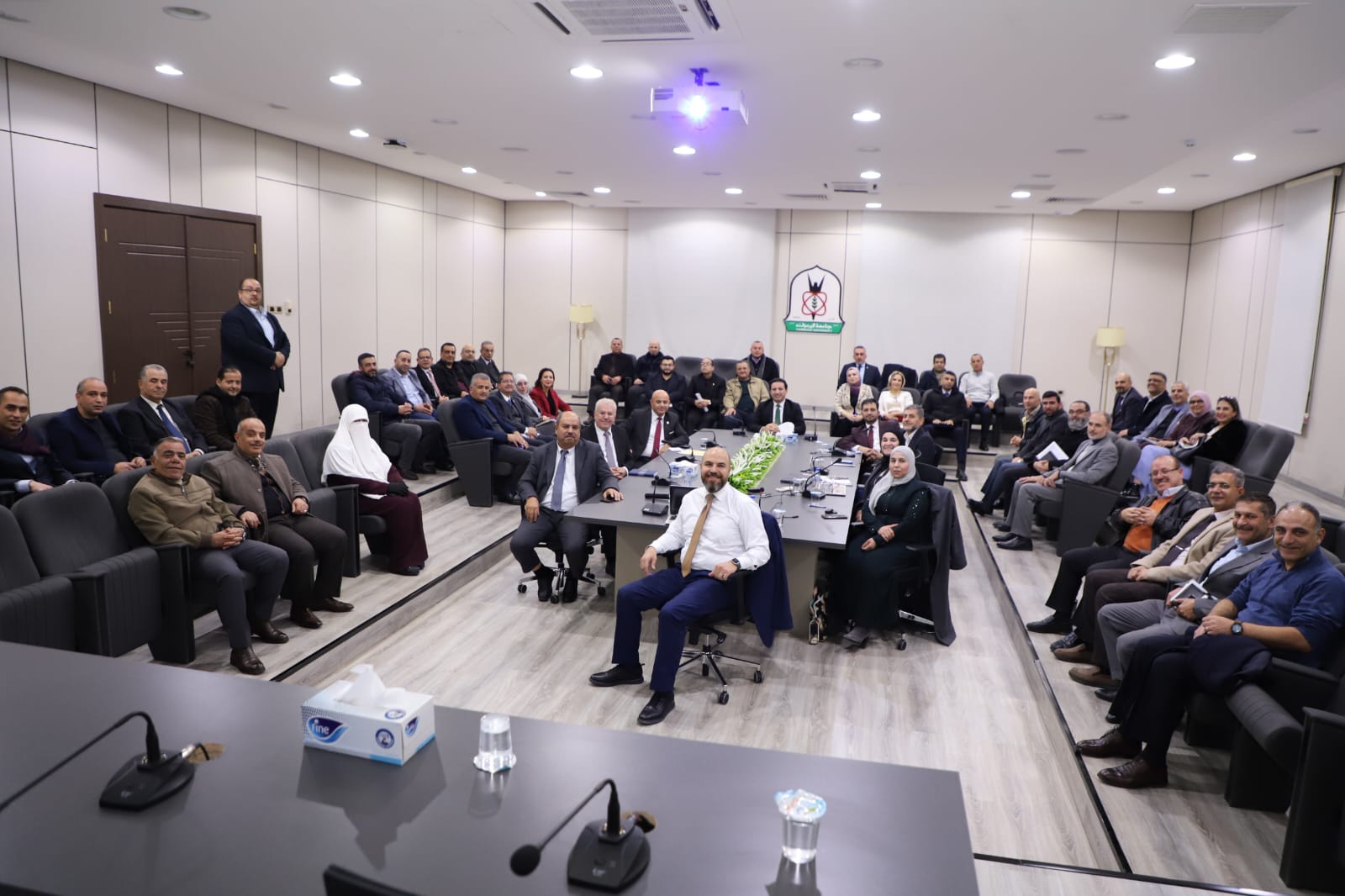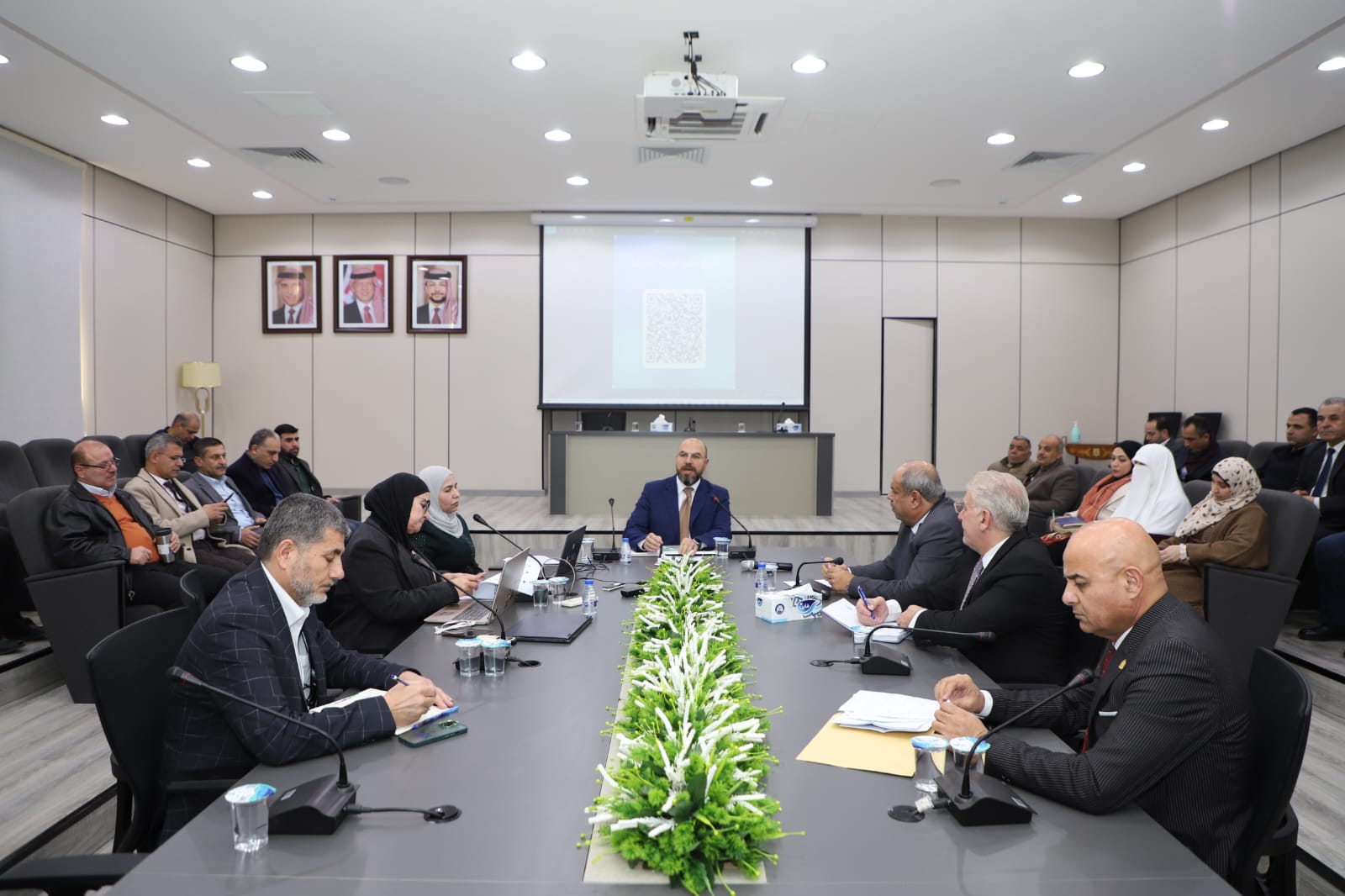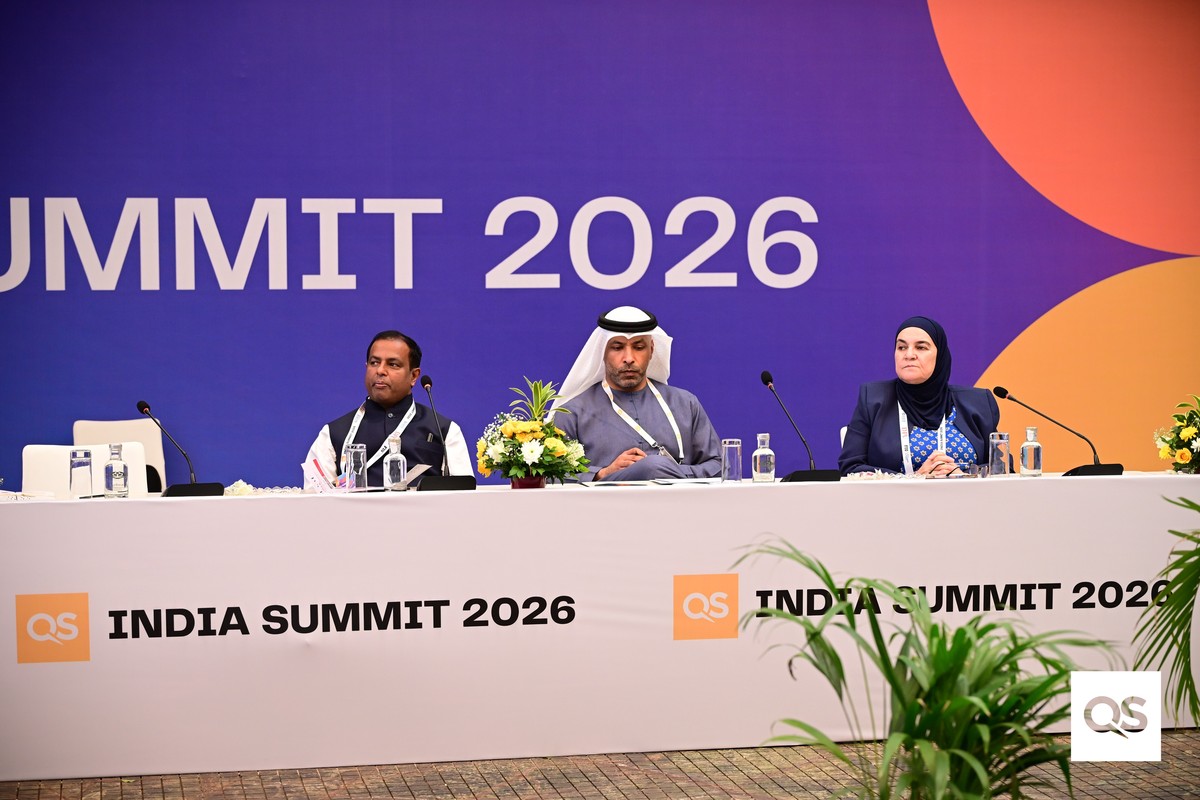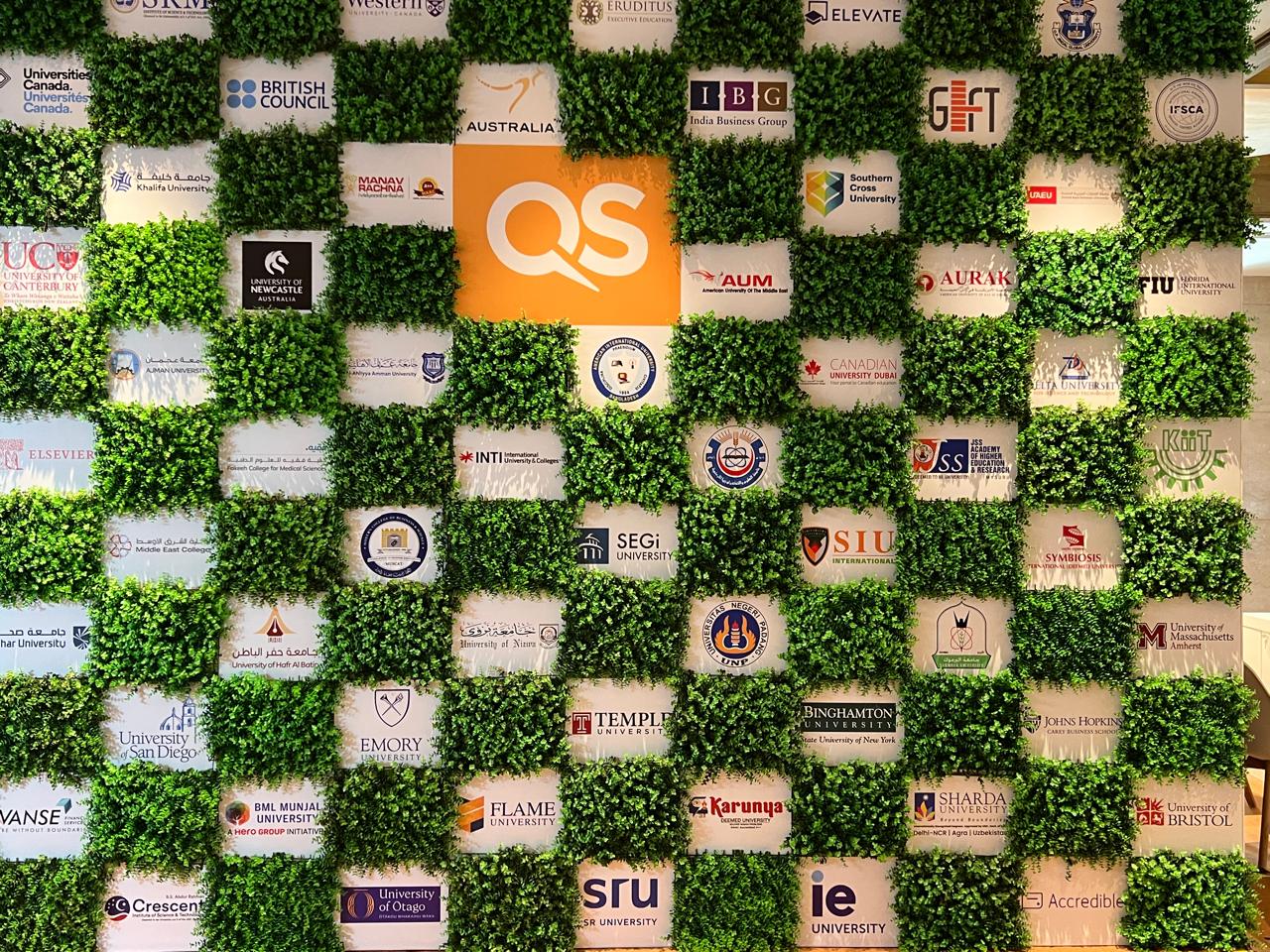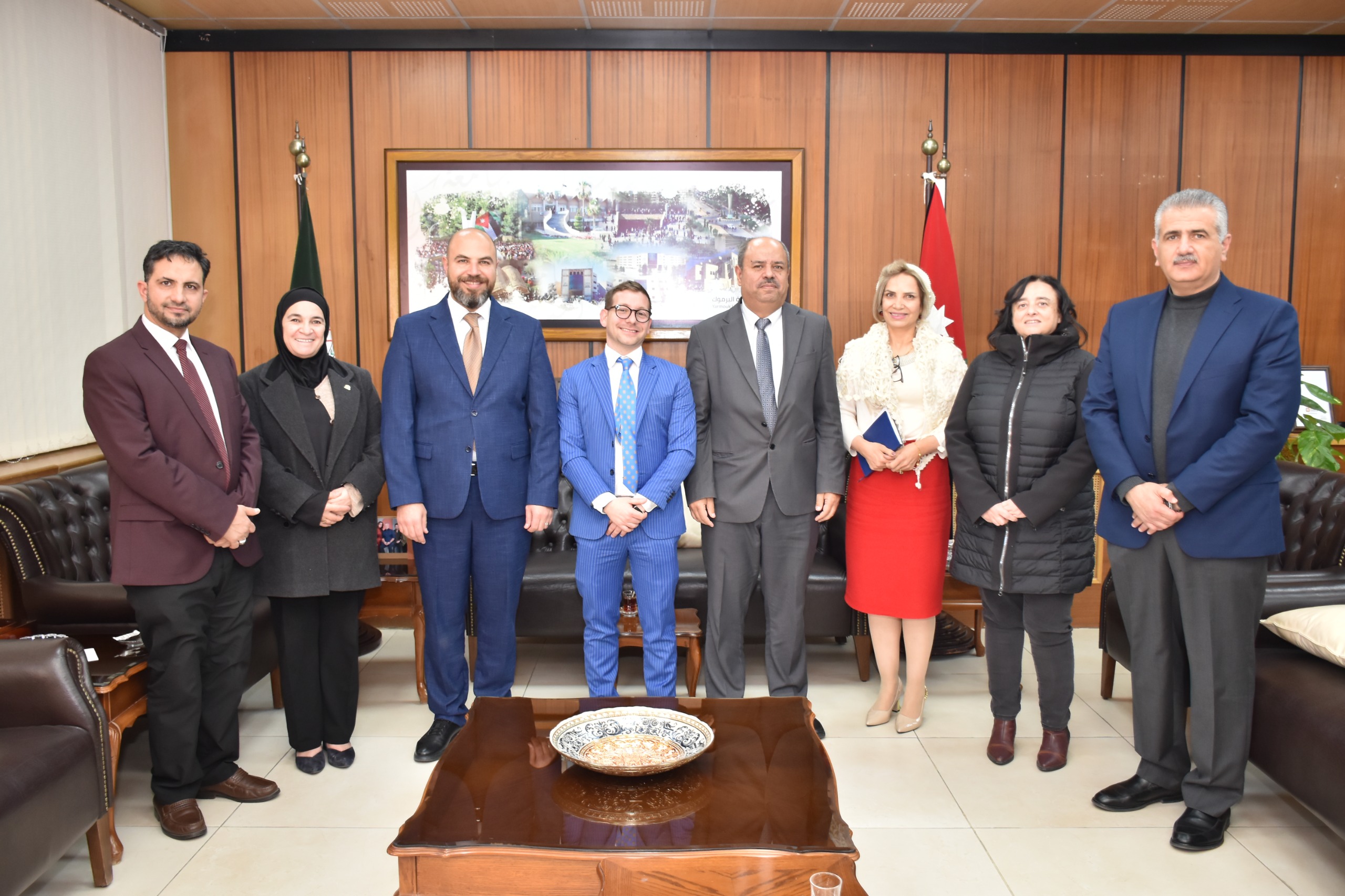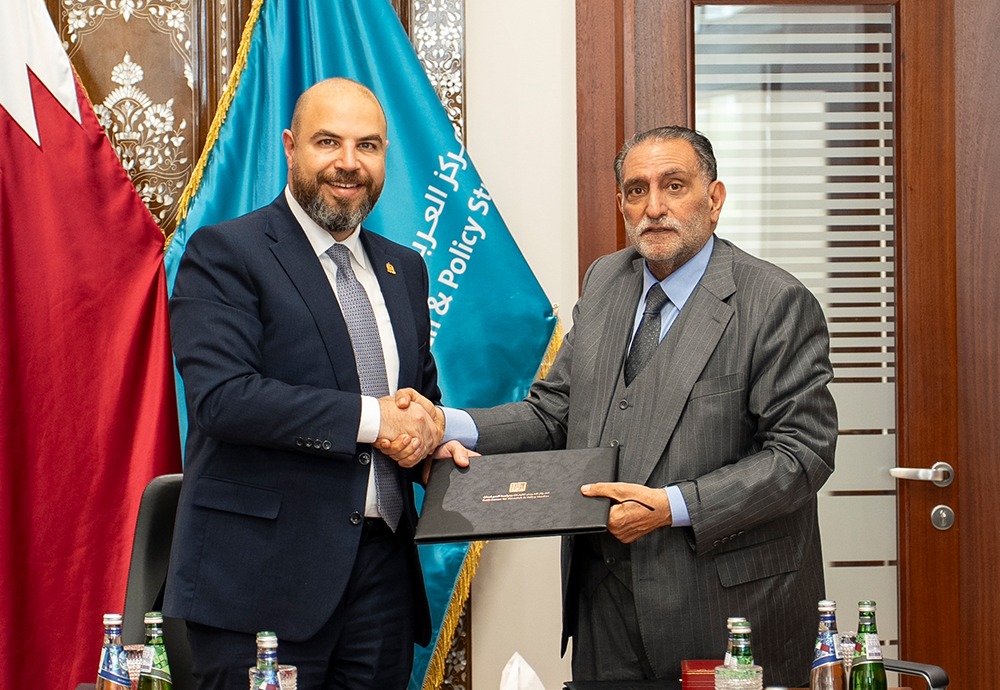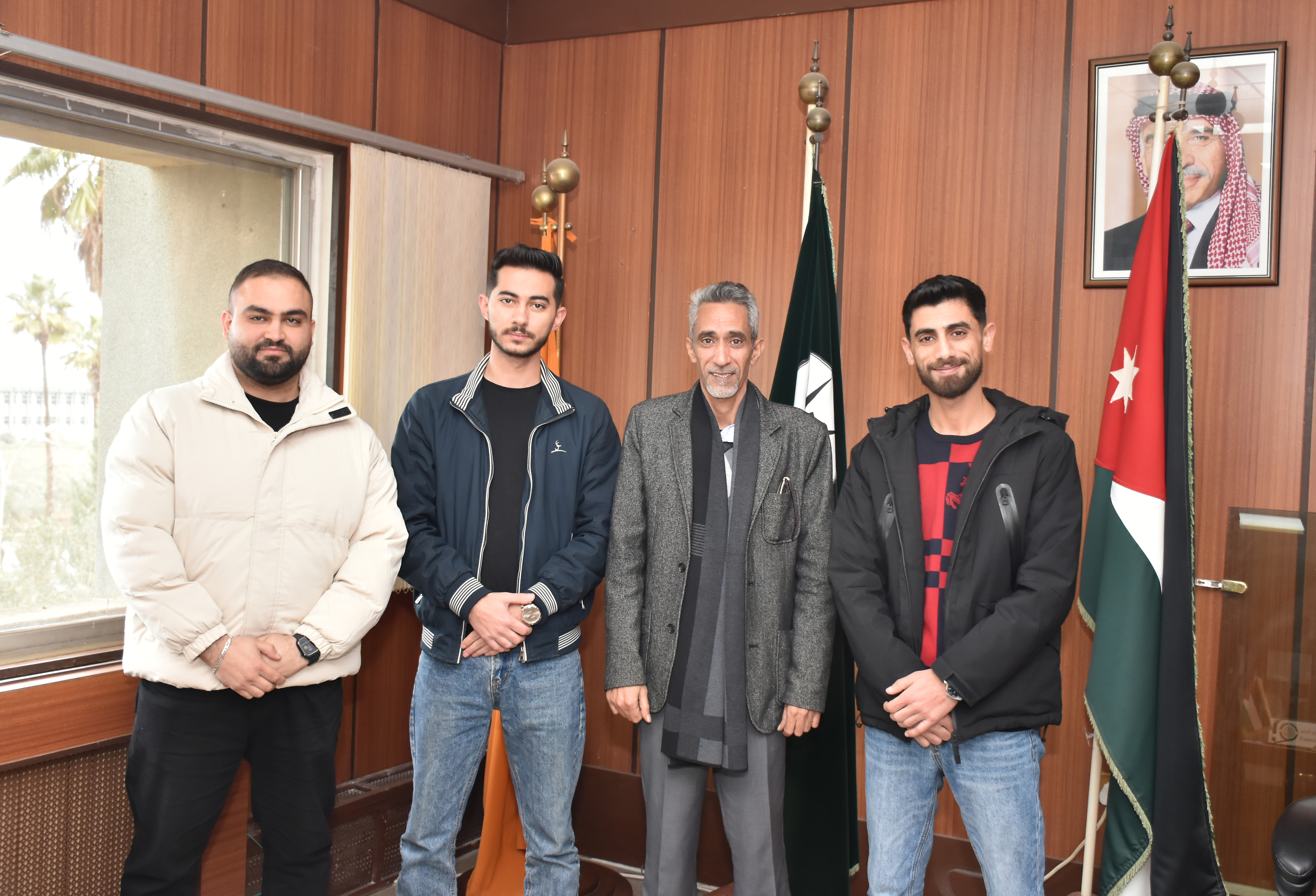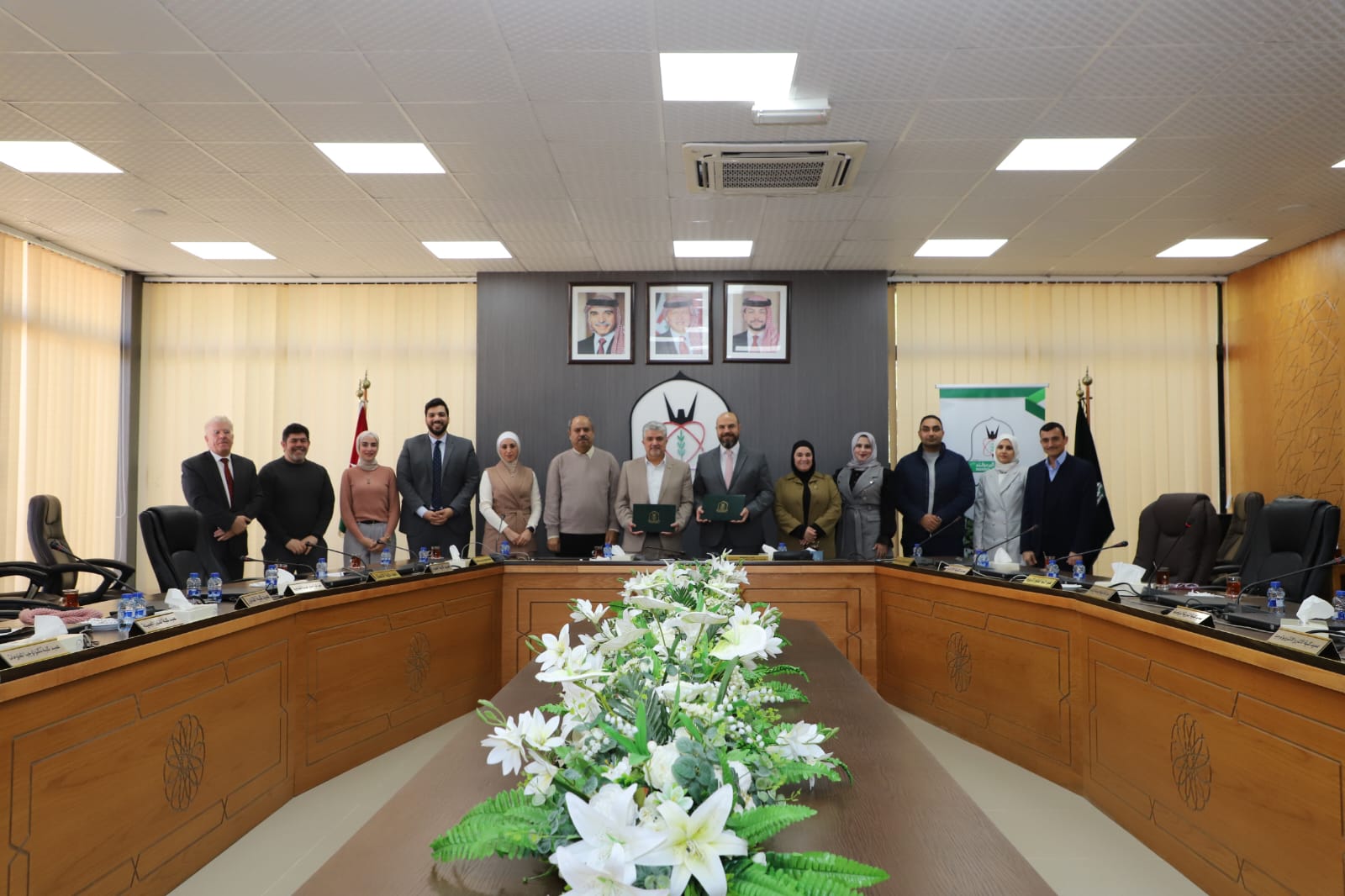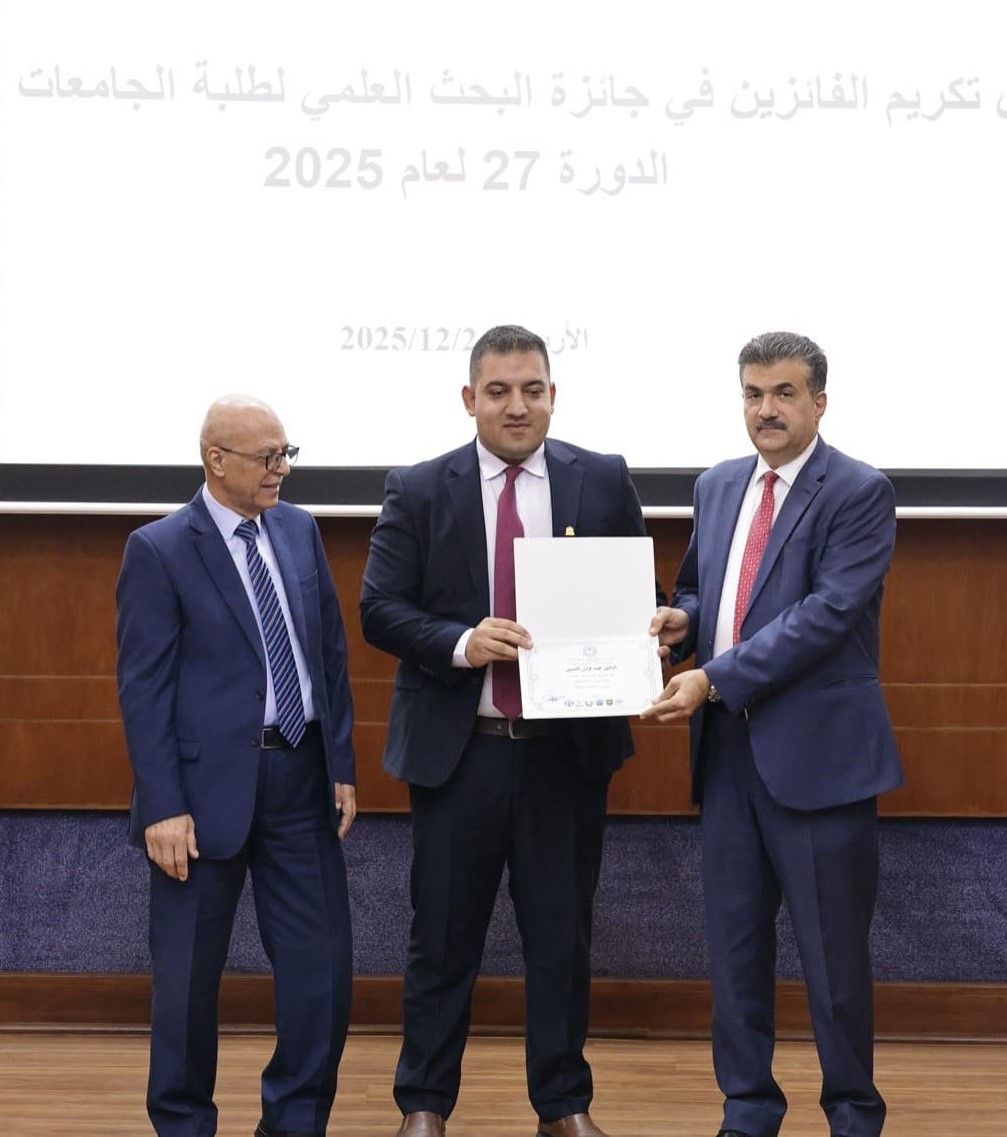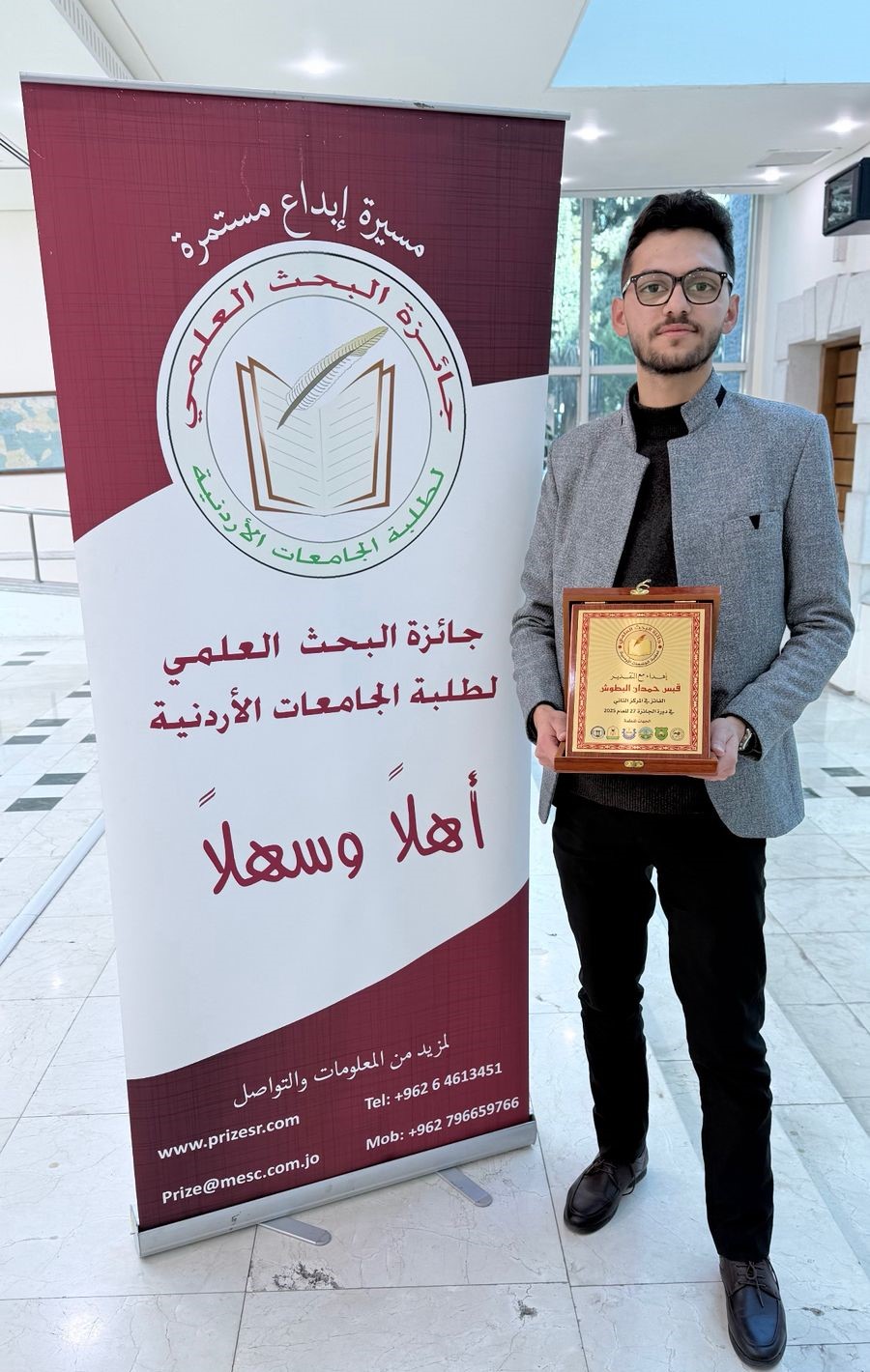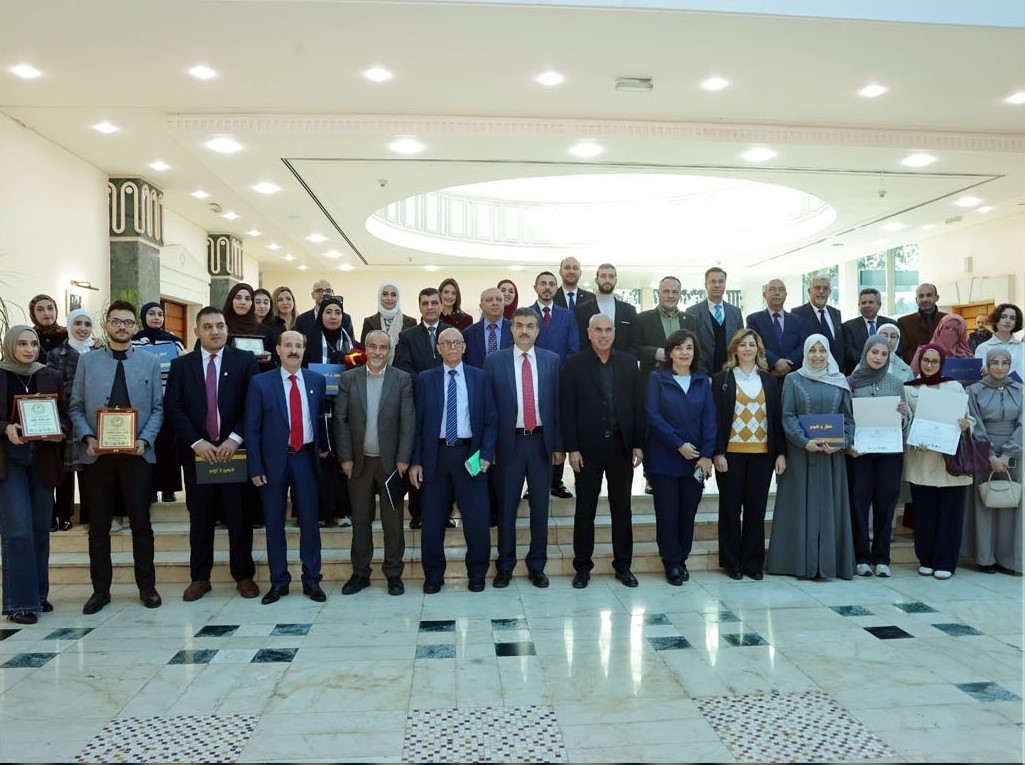
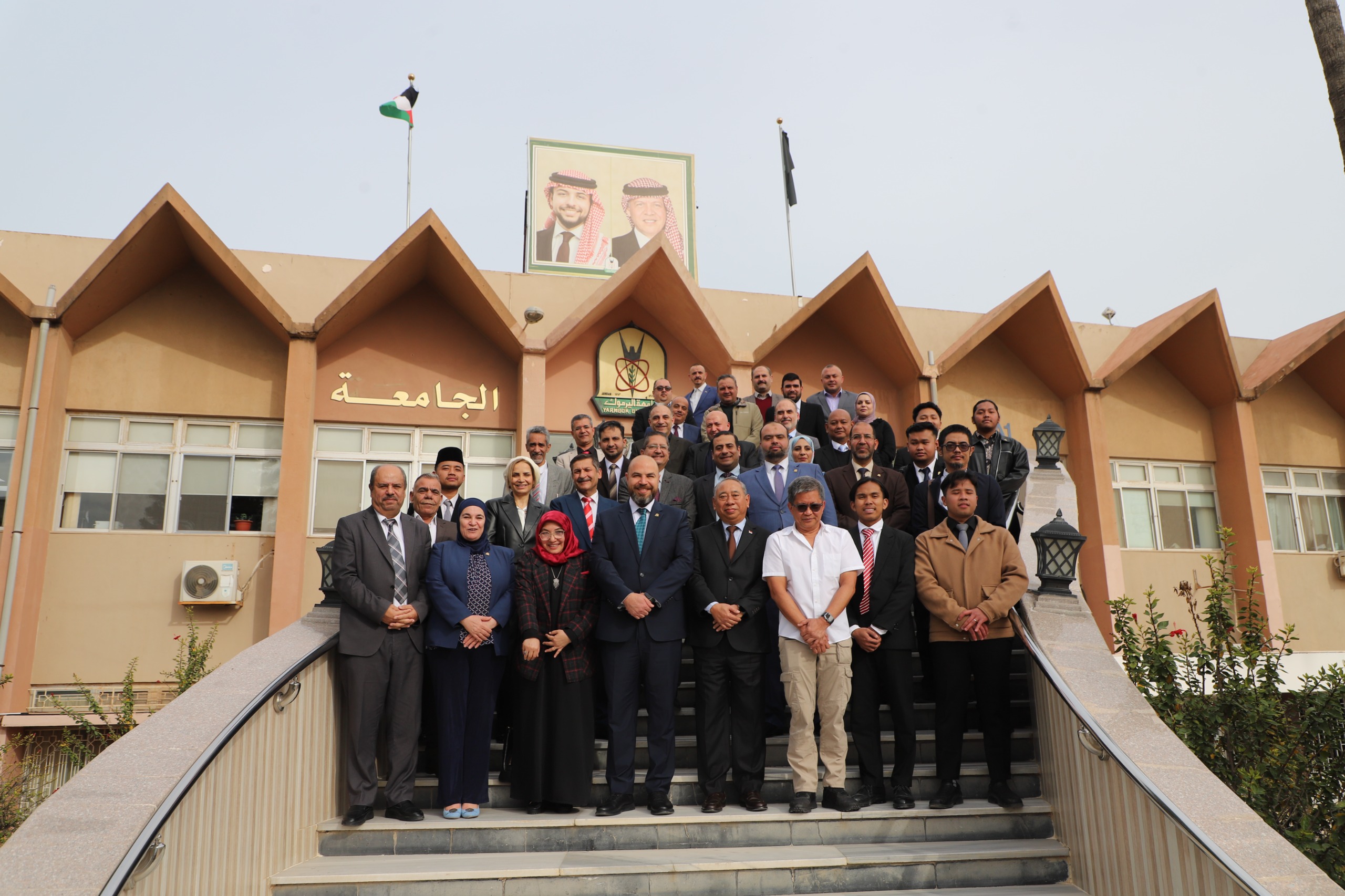
Yarmouk University President Professor Malek Al-Shraireh received the Indonesian Ambassador to Amman, H. E. Mr. Ade Padmo Sarwono, accompanied by Prof. Amany Lubis, President of indonesian ulmanai council for women and youth affairs, to explore prospects for scientific and cultural cooperation between Yarmouk University and Indonesian higher education institutions.
Al-Shraireh emphasized the university’s strong commitment to its international students, noting that Yarmouk provides a welcoming and motivating learning environment and comprehensive academic and social support that facilitates excellence and meaningful integration into campus life. He also highlighted the depth of Yarmouk’s academic and cultural ties with Indonesian universities, praising Indonesian students for their academic distinction, adherence to university regulations, and active engagement in the wide range of co-curricular activities organized by the Deanship of Student Affairs. Al-Shraireh added that Yarmouk seeks to expand partnerships with leading Indonesian universities through student exchange, mobility of researchers and faculty members, and the sharing of academic expertise to strengthen joint teaching and research trajectories.
Ambassador Sarwono commended Yarmouk University’s academic standing and expressed appreciation for its sustained care for Indonesian students, particularly those enrolled in Sharia and Arabic language programs. He noted the distinguished record of Indonesian Yarmouk graduates, many of whom now in influential leadership positions in their home country, viewing this outcome as a clear indicator of the university’s quality and impact. The ambassador also reaffirmed the embassy’s commitment to building bridges of scientific and research cooperation between Indonesian universities and Yarmouk University, opening substantive avenues for academic collaboration between the two countries.
During the visit, the ambassador and accompanying delegation participated in the Irbid 2026 Exhibition (IRBID EXPO), held at Al-Kindi Auditorium in the Faculty of Arts. The event aims to promote cultural and intellectual exchange between Jordan and Indonesia, provide a platform for Indonesian students in Jordan to express their culture and arts, encourage intercultural dialogue, and broaden students’ horizons at local and international levels. The exhibition featured an art showcase of student work in painting, sculpture, and handicrafts, offering a vivid window into contemporary Indonesian heritage and student creativity. It also included a dialogue session with Dr. Amany Lubis, Chair of the Indonesian Ulema Council for Women, Youth, and Family Affairs, and Professor Rocky Gerung, centered on culture, education, and the arts.
427 Indonesian students are currently enrolled in programs across Yarmouk University, with 109 Indonesian graduates of the university to date.
